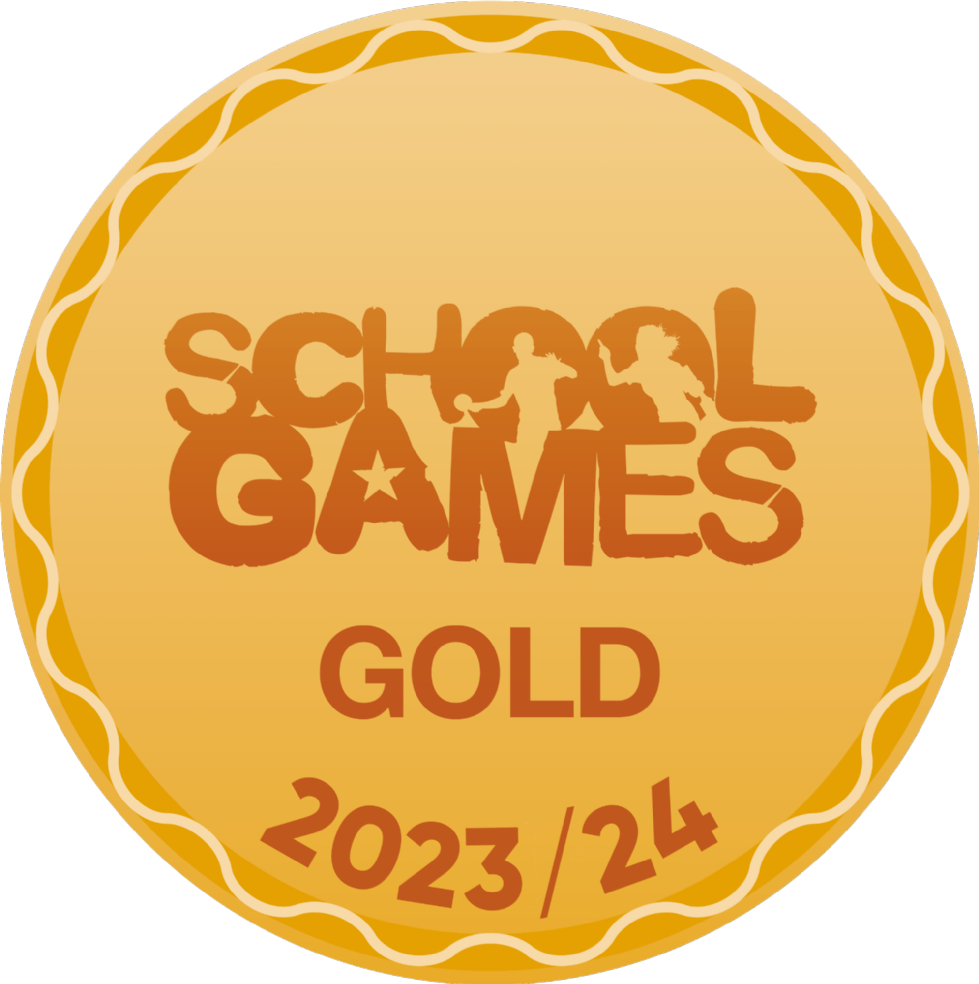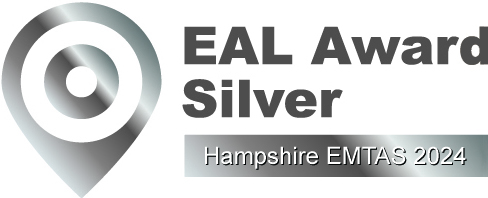Maths
Maths is a central part of our curriculum, underpinning the development of all curriculum areas. It provides a foundation for understanding the world, the ability to reason mathematically, an appreciation of the beauty and power of mathematics, and a sense of enjoyment and curiosity about the subject. It helps children to make sense of their world by communicating through numbers, symbols and shapes. It is a language used to solve problems in everyday life. Maths is not seen as an isolated subject but that of a subject fundamentally related to the whole curriculum.
The Maths National Curriculum, is a mastery curriculum where, alongside very good mathematical teaching, children are also encouraged to develop a ‘growth mindset’. Pupils with a growth mindset will make better progress than those with a ‘fixed mindset’. Learners who have a growth mindset:
- believe that effort creates success
- believe that skill and ability can be increased over time
- view mistakes as an opportunity to develop
- are resilient
- think about how they learn
Our curriculum involves supporting and challenging pupils through depth, which involves developing mathematical thinking, multiple representations (i.e. being able to see and explain maths through apparatus, visual and abstract prompts) and good communication. Because a mastery curriculum is cumulative, once a concept or skill has been learnt, it is built upon and applied in the learning that follows. Ultimately our aim is that every child will succeed and many excel.
At Church Crookham Junior School we want our children to be ‘mathematicians’ who:
- have imaginative ideas
- ask questions
- make mistakes and use them to learn new things
- are organised and systematic
- describe, explain and discuss their work
- look for patterns and connections
- keep going when it is difficult
- apply their work in a variety of situations
Our school uses a variety of teaching approaches in mathematics lessons to develop the children’s knowledge, skills and understanding. The children are taught in mixed ability classes, through a daily lesson comprising of whole class and group teaching. These groups are flexible and can change daily according to need. During a lesson, children are encouraged to ask as well as answer mathematical questions. In order to achieve ‘deep learning’ careful maths prompts and questions designed to probe and encourage deeper thinking skills are used. Children learn through concrete manipulatives (such as place value grids and using Diennes blocks), pictures, diagrams and symbolic representations. Good language and communication skills are essential and pupils, where necessary, are supported to construct grammatically correct sentences, giving them opportunities to use mathematical terminology to explain their understanding. Pupil engagement, effort and progress are all celebrated to help ensure our pupils master mathematics in the Junior classroom.
Copies of Maths Expectations and Curriculum Maps for each year group can be downloaded below:




